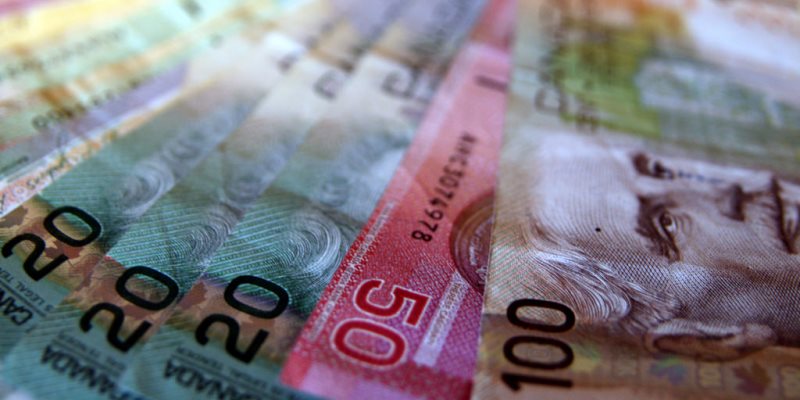All of Canada benefits from prosperity in Alberta

On Tuesday in Calgary, thousands gathered outside the Global Petroleum Show in downtown Calgary in support of the oil and gas industry, as Ottawa plans to make a final decision on the Trans Mountain pipeline expansion later this month.
Over the past five years, much has changed in Alberta’s economy. A sharp downturn in oil prices in 2014 led to one of the worst recessions in the province’s history. Since, the recovery has been tepid and uneven and many still feel the economic pain.
Although much has changed since the boomtimes, one thing has remained the same—Albertans continue to pay far more to the federal government in taxes than they receive in services and transfers to their provincial government. Indeed, if it weren’t for Alberta’s large net contribution to Confederation (even during the province’s brutally difficult last half-decade), federal finances would be in far worse shape than they are today.
Let’s take a look at the numbers. Back in 2014/15, before the full effects of the recession hit, Albertans’ net contribution to federal finances (taxes paid minus services and transfers received) was a whopping $27 billion. For context, that’s more than $6,000 per Albertan.
Since then, with weak economic performance in Alberta and a severe slowdown in the rate of growth of tax revenue from the province, the size of this net contribution has shrank—but not by as much as some might expect. In the most recent fiscal year of available data (2017/18), Albertans’ net contribution to federal finances was still more than $20 billion.
Again, for a bit of context, that’s nearly twice as large as the net contribution of the second-largest contributor, Ontario—a province with three times the population of Alberta. Simply put, Alberta continues to make an outsized contribution to the health of federal finances and without it, Ottawa would be in deep trouble. In fact, over the last four fiscal years combined, Albertans’ net contribution to the federal bottom line has been $92 billion. In other words, tax dollars flowing in from Alberta helped avoid nearly $100 billion in accumulated federal deficits.
Now, there’s nothing wrong Alberta paying more in taxes than it receives in programs and services—this is primarily because per-capita incomes in the province are still higher than anywhere else in Canada. Still, it’s critical for Canadians across the country to recognize the magnitude of Alberta’s contribution to the health of the country’s finances, and to therefore understand how important a prosperous Alberta is to the well-being of the country.
We’ve already seen over the past half-decade how economic weakness has reduced (but not eliminated) Alberta’s ability to contribute to federal coffers. If Alberta’s economy remains weak, that ability will erode further. But if the Albertan economy recovers, so too will its ability to help keep federal finances afloat. That’s why developments that help Alberta’s economy—including the timely completion of much-needed energy infrastructure projects (the Trans Mountain pipeline expansion, for example)—don’t just help Alberta, they’re good for the whole country.
Canada simply can’t meet its full economic potential without a strong prosperous Alberta. The more that Canadians from coast-to-coast understand this reality, the better off we’ll all be.
Author:
Subscribe to the Fraser Institute
Get the latest news from the Fraser Institute on the latest research studies, news and events.

